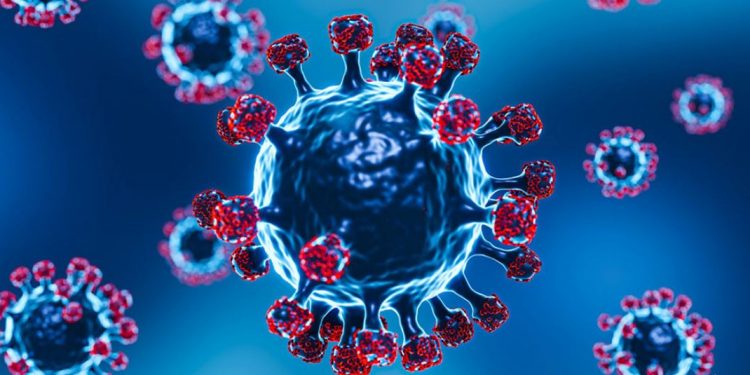Amid the surging cases of Omicron in several countries, there are reports of another likely variant popping up from China linked to MERS. Scientists in China have issued warnings about NeoCoV, a mutation related to the Middle East respiratory syndrome MERS-CoV that is linked to outbreaks in the Middle East in 2012 and 2015.
Found in a population of bats in South Africa and to date spread exclusively among these animals. The study discovered NeoCoV and its close relative, PDF-2180-CoV, can use some types of bat Angiotensin-converting enzyme 2 (ACE2) and human ACE2 for entry.
Scientists warned that the new coronavirus could bind to the ACE2 receptor in a different way than the COVID-19 pathogen does. The virus could carry with itself a combined high mortality rate of MERS-CoV and the high transmission rate of the current SARS-CoV-2 coronavirus. A report, on the Russian website Sputnik, claimed that the high mortality rate of MERS could lead to “one in three infected people dying on average.”
“Our study demonstrates the first case of ACE2 usage in MERS-related viruses, shedding light on a potential bio-safety threat of the human emergence of an ACE2 using ‘MERS-CoV-2’ with both high fatality and transmission rate,” the paper said.
“Experts from the Vector research centre are aware of the data that Chinese researchers obtained regarding NeoCov coronavirus. At this time, it’s not about the emergence of a new coronavirus capable of actively spreading among humans,” Vector Russian State Research Centre of Virology and Biotechnology said in a statement.
So far, there have been no cases of people being infected by NeoCoV and scientists are urging more research to establish if it can infect humans or not. The World Health Organisation (WHO), which identifies and notifies mutations and new virus outbreaks, has not said anything about the reports.







































